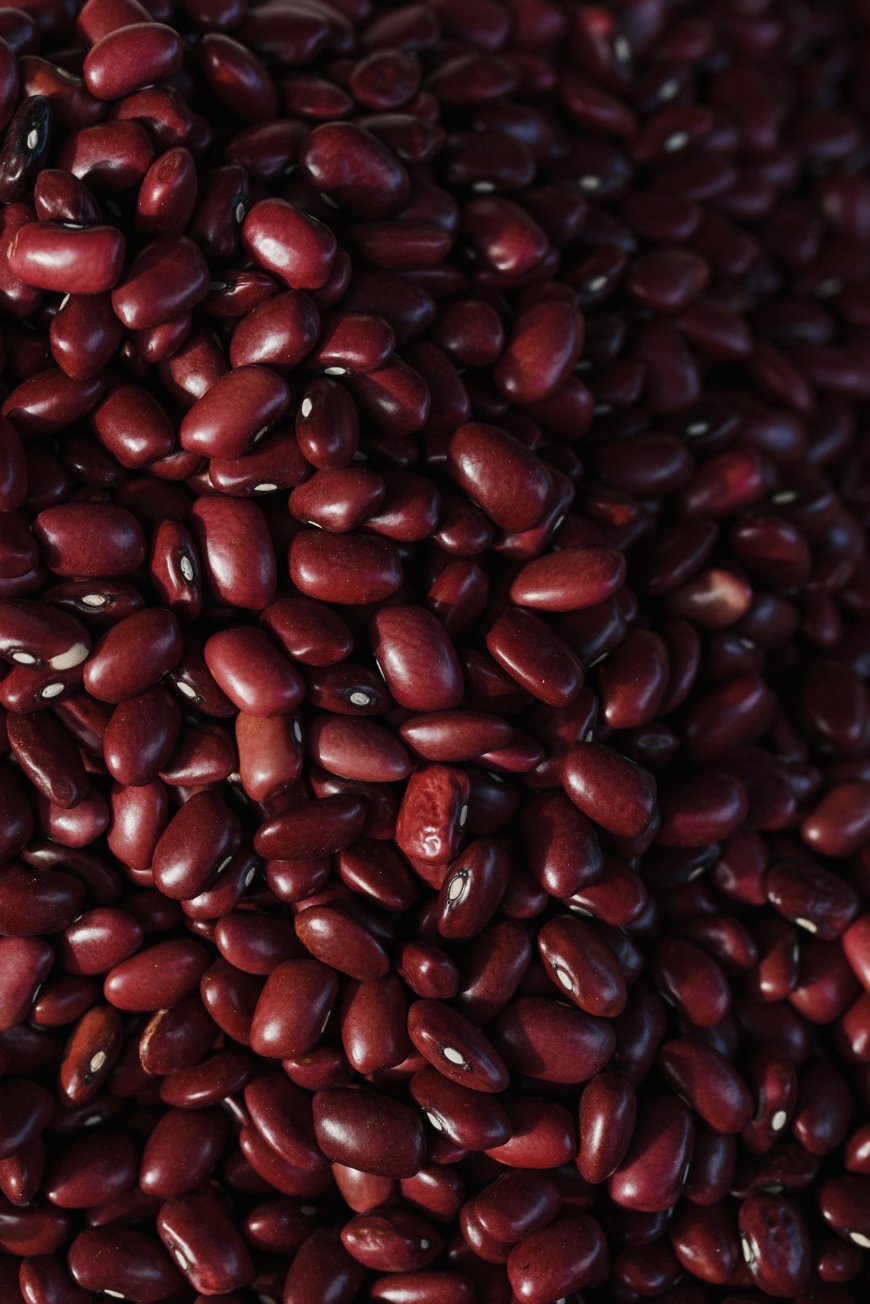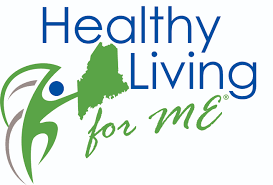Are Dietary Lectins Good or Bad for Your Gut Health?

The release of Dr. Steven Gundry's book, The Plant Paradox, in 2017 caused quite a stir. According to Dr. Gundry, certain plant foods traditionally considered healthy and high in lectins can have negative health consequences, thus the paradox. He suggests that lectins are the root cause of autoimmune disease, inflammation, and leaky gut syndrome and recommends limiting or completely removing them from one's diet.
On the other hand, Dr. Joel Furhman has a different stance on lectins. He believes they should only be avoided in specific cases, such as by those with allergies or conditions that affect intestinal health, rather than the general population. Dr. Furhman points out that the documented benefits of the nutrients, phytochemicals, and fiber found in foods containing lectins outweigh any potential negative effects. So, what exactly is the truth? Are lectins bad or good for your health? Let's find out.
What are dietary lectins?
They are also referred to as plant hemagglutinins (PHA). They are a type of protein found in all plants. They bind to carbohydrates, forming a bond that protects the plant in the wild.
Which foods contain lectins?
Approximately one-third of the food we consume contains lectins. They are present in a wide range of foods, with a higher concentration in grains and legumes. Examples are beans, quinoa, wheat, seeds, nuts, and fruits and vegetables.
Are foods high in lectins safe for consumption?
Yes! There are benefits to consuming foods high in lectins. Cooked legume lectins have demonstrated anti-proliferative activity against various cancers, and diets high in legumes and whole grains can reduce inflammation markers in animals and humans. Beans and other lectin-rich plant foods contain beneficial nutrients such as protein, carbohydrates, prebiotic fiber, vitamins, minerals, and antioxidants. Consuming these nutrients can help to reduce insulin and blood glucose levels, and extensive human studies have highlighted the benefits of lectin-rich foods in managing type 2 diabetes, heart health, blood pressure, and inflammation.
What are the benefits/importance of lectins in the human body?
Once consumed, these lectins bond with carbohydrates, forming glycoproteins. These glycoproteins serve important bodily roles, including immune system regulation and maintenance of optimal protein levels.
Eating foods containing lectins has been linked to preventing cancer progression, managing type 2 diabetes, heart health, blood pressure, and inflammation.
What is the harm of consuming lectins?
Lectins have the potential to cause indigestion in humans. When consumed uncooked and raw, they pass through the gastrointestinal tract without any change. As they reach the small intestine, they can cause damage by binding to receptors on the intestinal cell lining.
Cases of food poisoning have been documented globally, and even consuming as few as 3 or 4 raw kidney beans can lead to PHA toxicity, causing symptoms such as nausea, vomiting, and diarrhea. The consumption of raw beans has also been linked to intestinal alterations and damage, including reduced enzyme activity and microvilli changes.
What are some of the things we can do to eliminate lectins from food?
Research has shown that soaking and thoroughly cooking legumes can reduce their lectin content to safe amounts. Human studies have shown no indications of intestinal changes when consuming cooked whole beans, unlike the effects seen with raw lectin consumption in animal studies.
Many of these foods were found to have higher levels of lectins when they were raw or uncooked. Red kidney beans contain the highest levels of lectins in their raw state, ranging from 20,000 to 70,000 hau (hemagglutinating unit), but cooking them can lower the levels to 200-400 hau, which is safe for consumption. A study conducted on 32 different plant-based foods containing lectins revealed that all of them, except for nigella seeds (26 hau), broad green beans (26 hau), and tomatoes (104 hau), had no detectable levels of lectin after cooking. However, the levels of lectins in these three foods were still within the safe range.
Lectins and Gut Health: Are they Harmful?
Before discussing what research has to say about the question above, do you understand the gut microbiome? You may want to refresh your mind for us to reason on common ground. Briefly go through this article titled 'Understanding the Gut Microbiome.'
Although research on lectins and their impact on a leaky gut is limited and inconclusive, some studies suggest that undigested lectins found in plant-based foods can travel into the bloodstream of certain individuals, triggering an immune response and causing autoimmune disorders.
Eating raw or undercooked food high in lectins can cause intestinal damage. They may also interfere with the absorption of crucial minerals like zinc, calcium, phosphorus, and iron. Poor gut health and intestinal damage are often a precursor for autoimmune diseases.
While lectins may be problematic for 8 to 15% of the population, it is usually in conjunction with noted intolerance to eating foods with lectin. Therefore, if you experience signs of intolerance like bloating, gas, or physical discomfort, you should consider reducing or eliminating lectin-rich foods from your diet. You could be part of the population whose immune system responds negatively to lectin. Read our ultimate guide to healing your gut through nutrition and diet.
Summary
ü The ingestion of raw or undercooked lectins, mostly found in legumes, can be dangerous to all individuals as it can cause food poisoning and harm to the intestinal cells.
ü Cooking foods rich in lectins can significantly decrease the lectin content, rendering them safe for most people.
ü Foods that contain lectins are also a good source of nutrients and provide numerous health benefits.
ü The advantages of consuming foods with lectins presently outweigh the risks.
ü If you experience signs of intolerance after consuming foods that are high in lectins, it is recommended that you reduce or eliminate your intake with the guidance of a registered dietitian. It may be necessary to abstain from certain types of food containing lectins instead of eliminating all of them.
References
- National Institute of Health (NIH): Is there such a thing as 'Anti-Nutrients?'
- NIH: Structure Function Lectins
- NIH: Dietary Bioactive Compounds
- NIH: Nutritional Quality of Legumes
- NIH: Lectins and Autoimmune reactions
- US Food and Drug Administration (FDA): Lectin Activity in Plant-Based Foods
- NIH: Gut Microbiota
- NIH: Lectin Specific Antibody.
- Nourish: Are Lectins bad?







